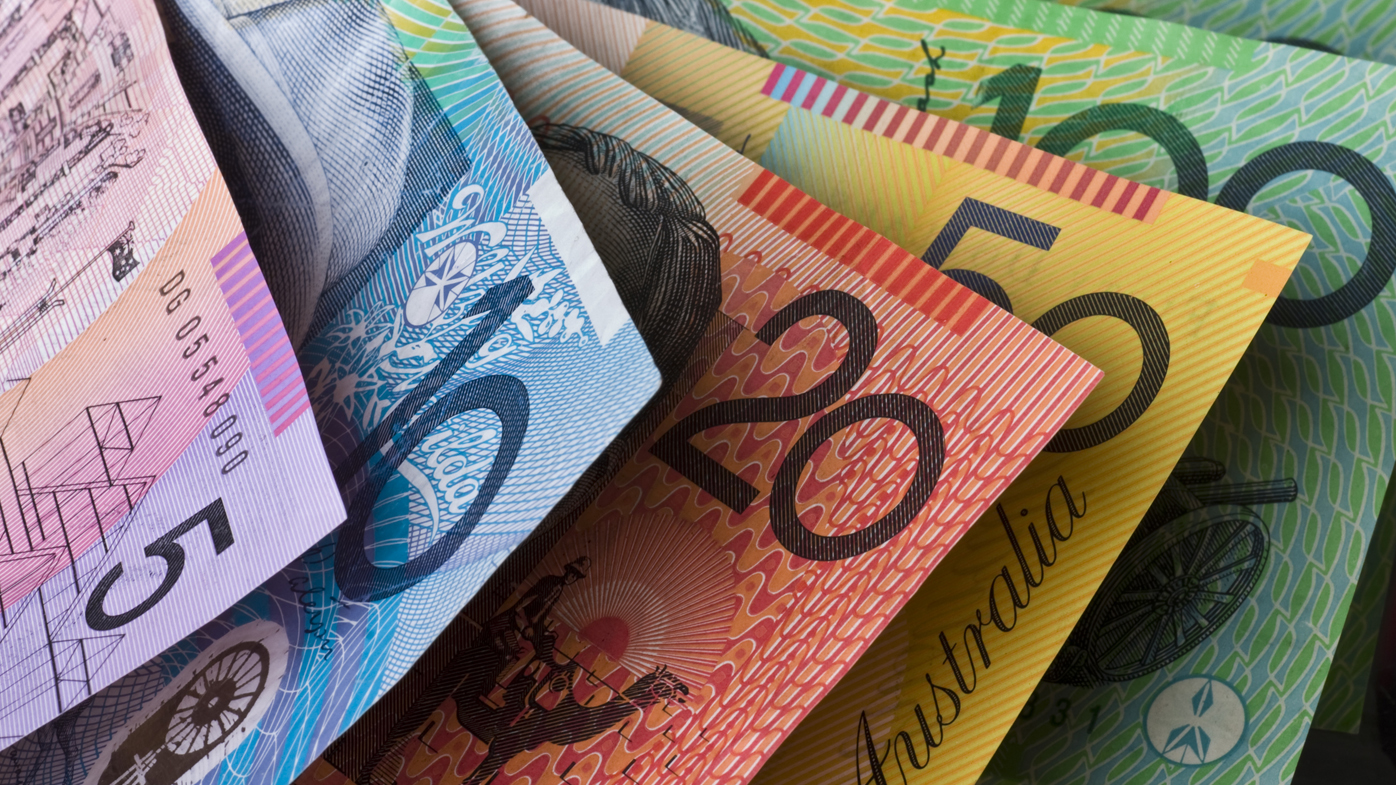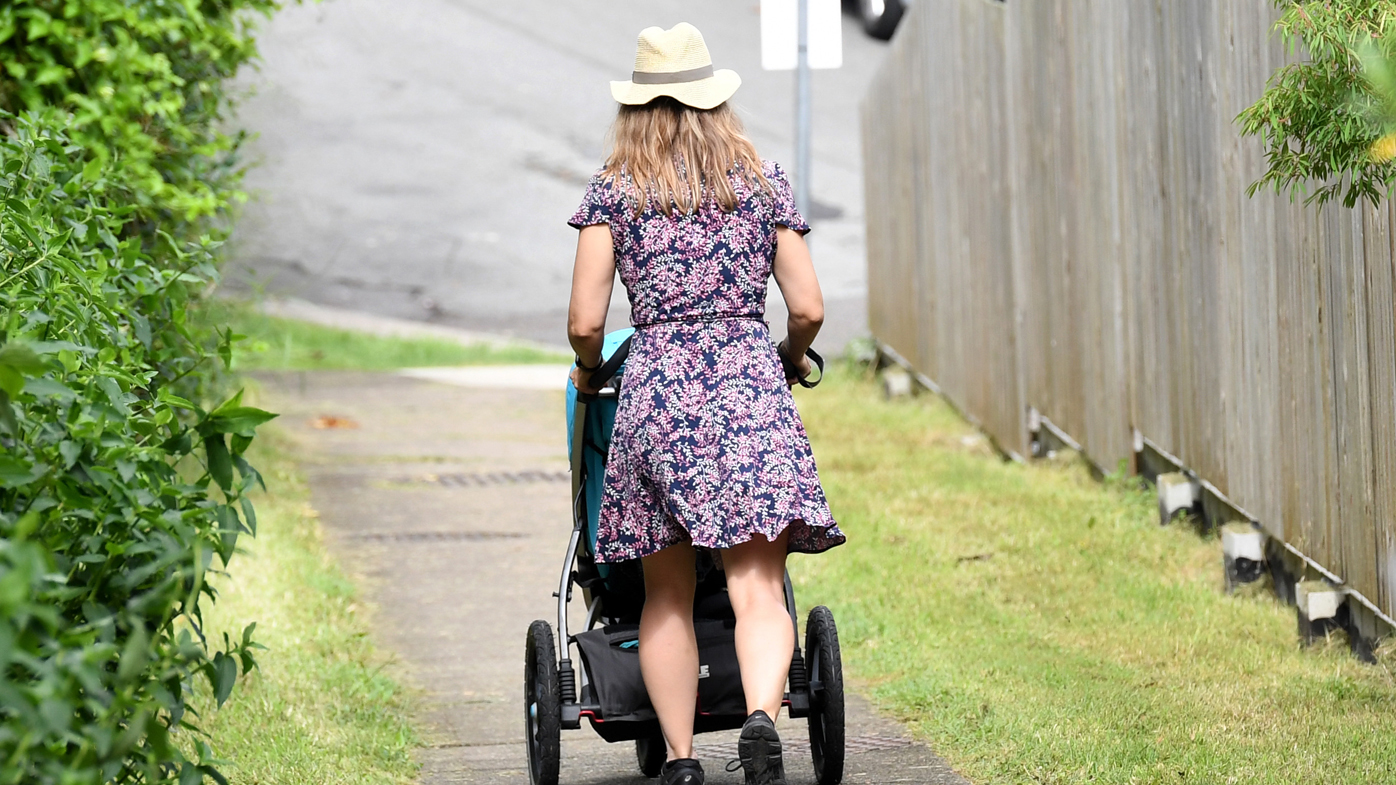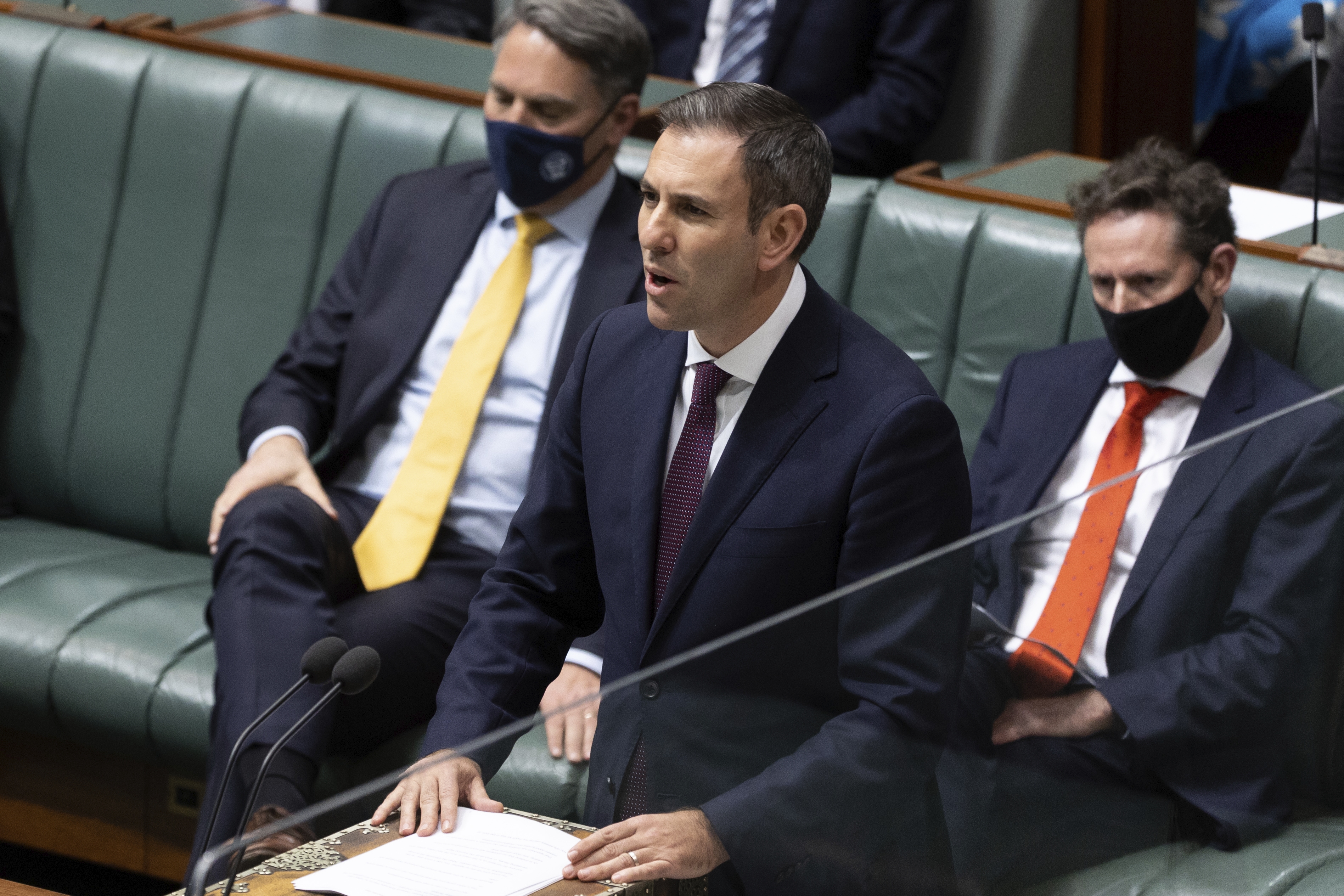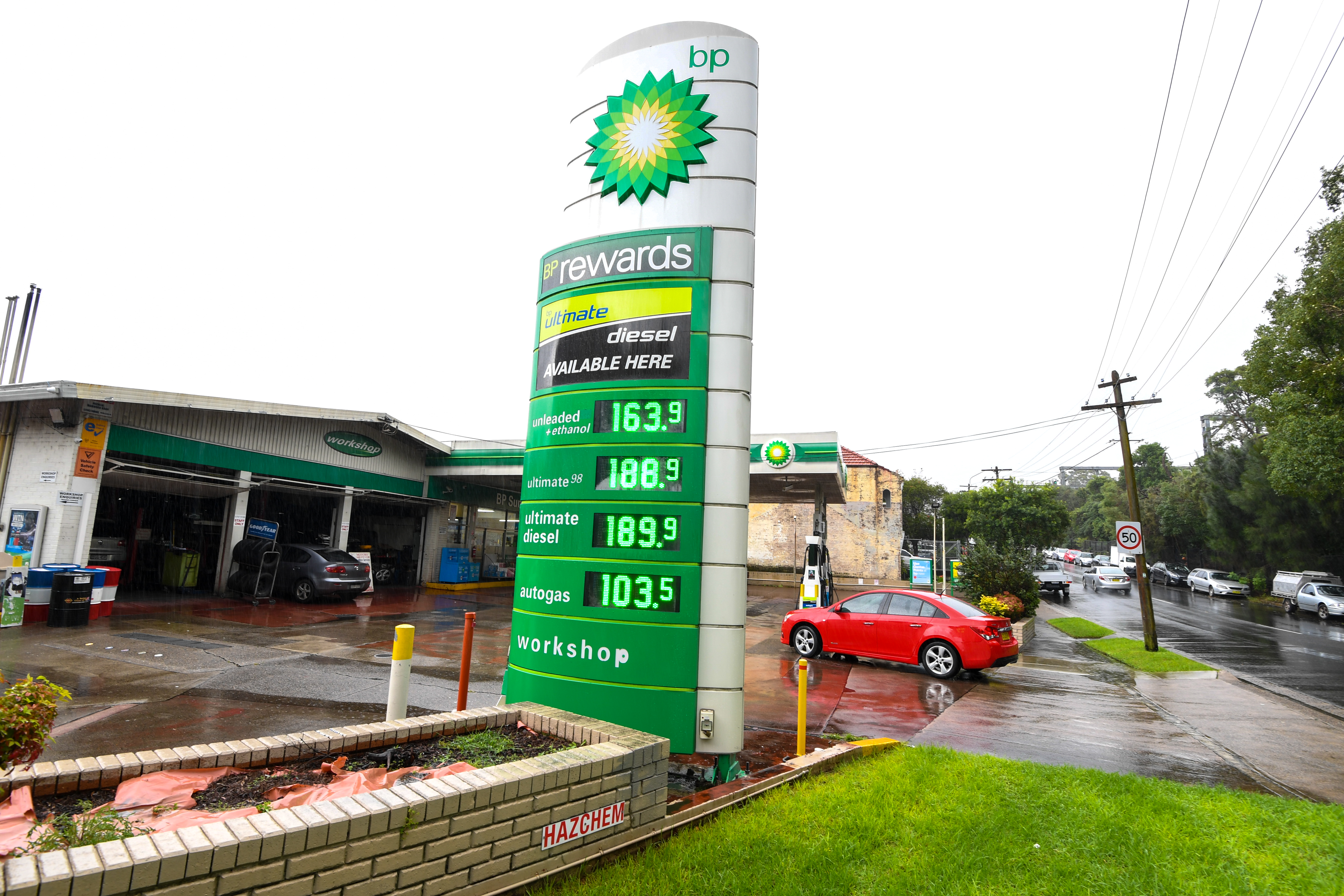Treasurer Jim Chalmers has flagged that this year's federal budget will be a "bread and butter budget" - but the way we're going, we may need to drop the butter.
Chalmers will hand down the annual accounts in an economic environment where everyone's wallets are getting tighter: interest rates are going up, inflation is soaring and real wages are remaining low.
Despite this, the Treasurer has flagged that "sensible measures" will be taken to address the skyrocketing cost of living. From childcare to tax cuts, here's what to expect from tomorrow's federal budget.
LIVE UPDATES: Sydney soaked by wettest October month in 165 years

Better deal for new parents
New parents will be the big winners of this year's budget, with the government to detail the plans of a number of policies that will help ease the financial burden of those who have children.
The paid parental leave scheme - which currently offers 18 weeks at the same rate of the minimum wage - will be expanded to 26 weeks, or a full six months.
According to the government, the idea is that parents who have more time to equally care for their children raise more productive children, which benefits the economy in the long run.
But the good deal for parents doesn't stop there.
Childcare subsidy rates will be raised to include more couples on a greater range of incomes, and will be designed to encourage women to re-enter the workforce sooner.
The kicker is, we don't know exactly how much that will cost - until tomorrow.
READ MORE: Treasurer Jim Chalmers reveals how federal budget will impact Australians amid cost of living crisis

Tax cuts? They'll stay - for now
Much has been made of whether or not the Albanese government would scrap stage three tax cuts that were already outlined by the Morrison Government.
After some back and forth - and some very carefully worded interview responses - the prime minister ruled out scrapping the tax cuts, which are estimated to cost the national purse more than $254 billion.
While that's a win for some, many have argued that the $254 billion could be much better spent on communities vulnerable to high inflation.
READ MORE: Glittering rock found in gemfields turns out to be rare 'monster' gem

Fuel excise, one-off payments: Forget about the sweeteners
Groceries are expensive, rent and mortgage payments are soaring and you need to sell your first-born to even look at the price of premium petrol: life in Australia is costly right now.
But don't expect tomorrow's federal budget to be a sugar hit to your hip pocket.
Treasurer Jim Chalmers has ruled out bringing back the fuel excise cut or injecting cash payments into everybody's bank accounts.
His reasoning for this is simple: If everybody was suddenly richer overnight, that would only contribute to our inflation rate.
READ MORE: Motorists told to fill up while they can with petrol prices to soar today

Pensioners, jobseekers to receive boost
Those receiving a government pension - such as retirees and jobseekers - will see their average payments rise as indexation of welfare payments comes into effect.
Indexation is designed to rise at the same rate as inflation, hopefully negating the worst cost of living hikes which impact vulnerable communities the most.
Chalmers has flagged that the latest round of indexation will cost around $33 billion, with a third of that money going towards higher age pension payments.
